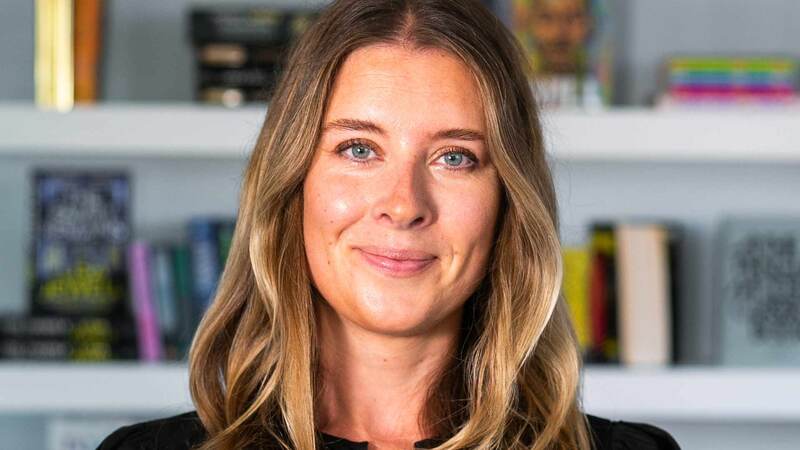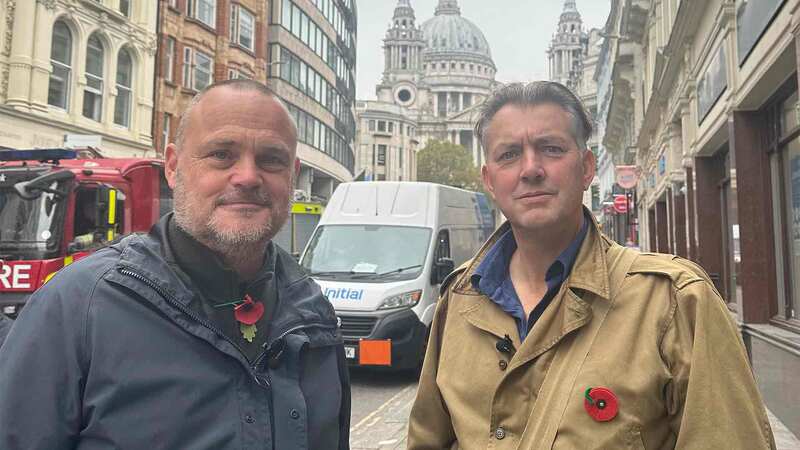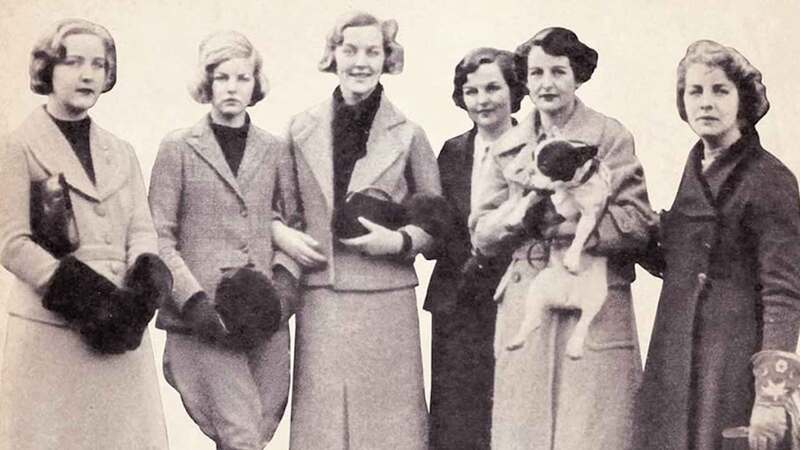You are viewing your 1 free article this month. Login to read more articles.
Pocock takes 2018 Fitzcarraldo Editions Essay Prize
Irish-Canadian writer Joanna Pocock has scooped the £3,000 Fitzcarraldo Editions Essay Prize for her work exploring communities and their relationships with the changing landscapes of Montana.
Pocock’s entry, "Surrender", triumphed in the independent publisher’s annual competition for unpublished British and Irish writers, which rewards the best proposal for a book-length essay.
It is a narrative non-fiction work on the changing landscape of the West and the scavenger, rewilder and Ecosexual communities, inspired by a two-year stay in Montana. Her work looks at how these groups engage with the nature around them, including the Ecosexual communities who believe that sex with the earth helps regenerate it.
She will receive £3,000 in the form of an advance against publication with Fitzcarraldo Editions, and will have the opportunity to spend up to three months in residency at the Mahler & LeWitt Studios in Spoleto, Italy, this summer, to work on her book.
Pocock is an Irish-Canadian writer living in London. Her essays, reviews, and travel pieces have appeared in numerous publications such as the Los Angeles Times, the Nation, Tahoma Literary Review and 3:AM. In 2017, she was shortlisted for the Barry Lopez Narrative Nonfiction Prize. She teaches creative writing at the University of the Arts in London and works as a freelance editor for a variety of publishers.
The winning proposal was one of 68 entries, and one of six to be shortlisted. The five other shortlisted entries included "A Woman’s Place" by Rachel Andrews, an essay about what it means to exist as a female body in a contemporary domestic space and Oliver Basciano’s "Tichileşti", an exploration of isolation, community and contagion read through a visit to Tichileşti, the last leprosarium in Europe.
Meanwhile Felix Bazalgette’s shortlisted entry, "Natural Magic", discussed photography as well as “the neglected histories that nourish it and the strange things it makes us do” while "Gay Bar" by Jeremy Atherton Lin uncovers the social and cultural significance of gay bars.
Rebecca Perry’s "Four Invocations" explored death, the female form, female agency as well as ideas of memory, legacy and haunting, focusing on four works of art.
The prize, which was judged by Joanna Biggs, Brian Dillon, Joanna Kavenna, Paul Keegan and Jacques Testard, was set up in 2015, with support from an Arts Council England grant, to find the best emerging essay writers and aims to reward essays that explore and expand the possibilities of the form. Last year's prize was taken by Katy Whitehead for "Adventures in Synthetic Fun", an essay exploring the concept of ‘synthetic fun’ coined in the 1960s by Jeremy Sandford.
It provides the winning author with their first experiences of publishing a book, from the planning, research and writing of it through to the editing, production and publicity stages.
















